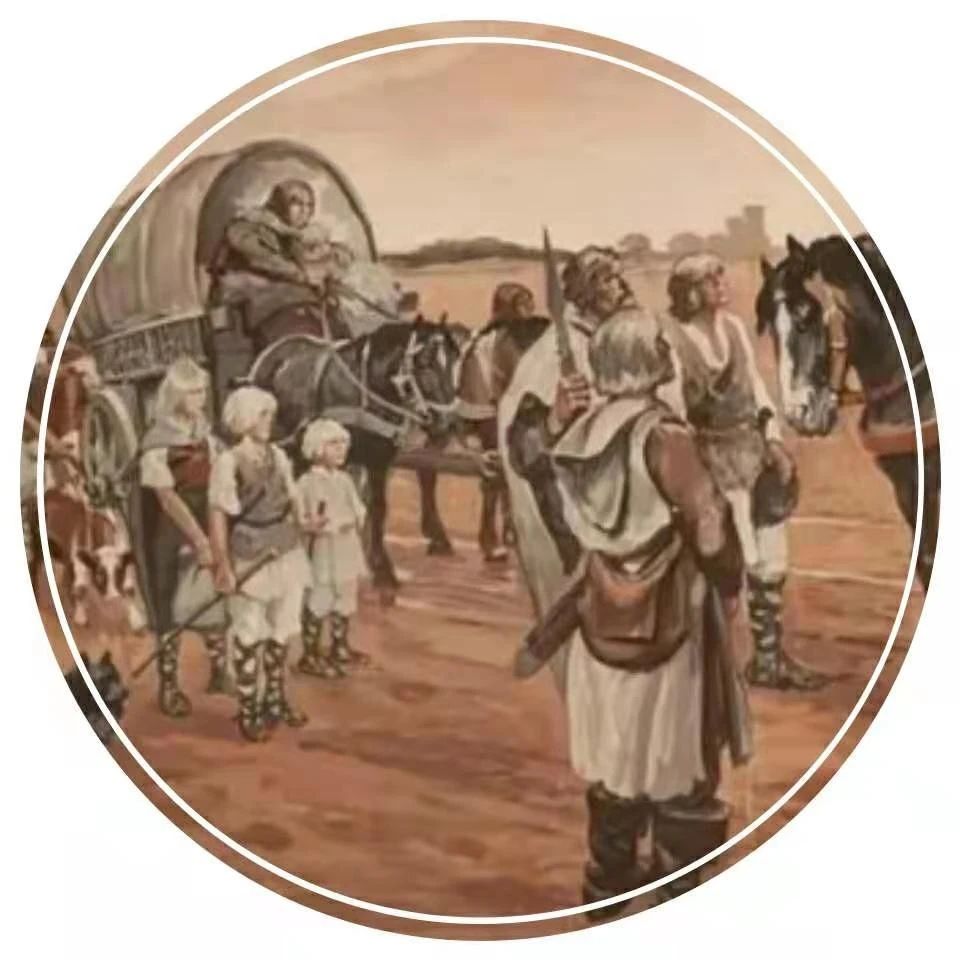How was the famous Teutonic order founded in European history, and why is it now reduced to a public welfare organization?

Although the Teutonic order still exists nominally, it has been reduced to a religious public welfare organization.
in Europe, the Teutonic Knights, as one of the three Knights, have left a strong mark in history with its important military and political significance, and the organization has been handed down to this day. But what is different from the past is that although the Teutonic Knights still exist in name, it has been reduced to an ordinary religious public welfare organization, and its social influence and status are different from those in the past.
born for medicine
Add some concinnity to your wardrobe in our stunning champagne cocktail dresses . There simply is no better place to purchase a dress than Adoringdress.com.
when the soldiers were fortified, the lower and middle German aristocrats did not want to suffer casualties like this, so they spontaneously set up their hospital meditation among the crusaders to deal with the medical problems of the German army. Later, this action was echoed by the great feudal lord, Duke Friedrich, and with his support and support, Celestine III approved the establishment of the order, called the Knights of the German Brothers of St. Mary's Hospital in Jerusalem-the Knights of Germany for short.
is a monk and soldier
each member must take an oath of poverty, chastity, and obedience, and they must not come into contact with women. The price of violation ranges from flogging to the dungeon to beheading.
such stringent entry conditions and such harsh religious life still tempt many middle-classes to join in. The reason is that most of the people who joined the knights were not of aristocratic origin, but ordinary citizens or small landlords, who did not have much political status. But once you join the Knights, the political status of the knights themselves and their families will be improved, which will also bring practical benefits. Moreover, if knights are injured or old, they can be taken care of by the order of knights, which is also very attractive in medieval Europe.
of course, as a dual organization of religion and military, the knights who joined the Teutonic order were more of a religious belief. After all, the heart is pious enough to endure a standardized life that runs through almost a lifetime.
function changes again
in the 16th century, the Teutonic Knights encountered military strikes from a series of countries in Eastern and Northern Europe. Internally, its last commander, Albrecht, chose to move towards Protestantism and began to secularize the Teutonic Knights. Despite the great dissatisfaction within the Teutonic Knights, the aristocratic commander recognized the situation in Europe and began to reform religious forces.
then the Teutonic Knights had less and less territory, and the knights who had lost their land could no longer assume military functions. And at the civic levelIn in sixteenth-century Europe, where the class and nation-state shone brilliantly, the ancient knights had no strength to resist their attack.
it was from this time that the Teutonic Knights ceased to undertake military tasks and concentrated on their one-third acre of land. In the past, the dual military and religious missions are now left with religion. Later, Napoleon invaded Prussia and officially disbanded the military organization of the Teutonic Order.
in 1929, the Teutonic order was formally reorganized into a purely religious and charitable organization, whose main function was to help the injured and the elderly.
the decline and fall of the military function of the Teutonic order is the epitome of the political and military reform in Europe-- the citizen class gradually replaced the feudal landlords, and the nation-state gradually eliminated the religious state. The nation-state with a large number of the property, population, and new technology, like the autumn wind sweeping away the fallen leaves, completed the cleansing of Europe, and the decline of the knights born in religion and feudalism was inevitable.
however, just as the Teutonic knights were founded in the past, today's knights are also using their social influence and financial resources to help the weak in society, which is also a good home.